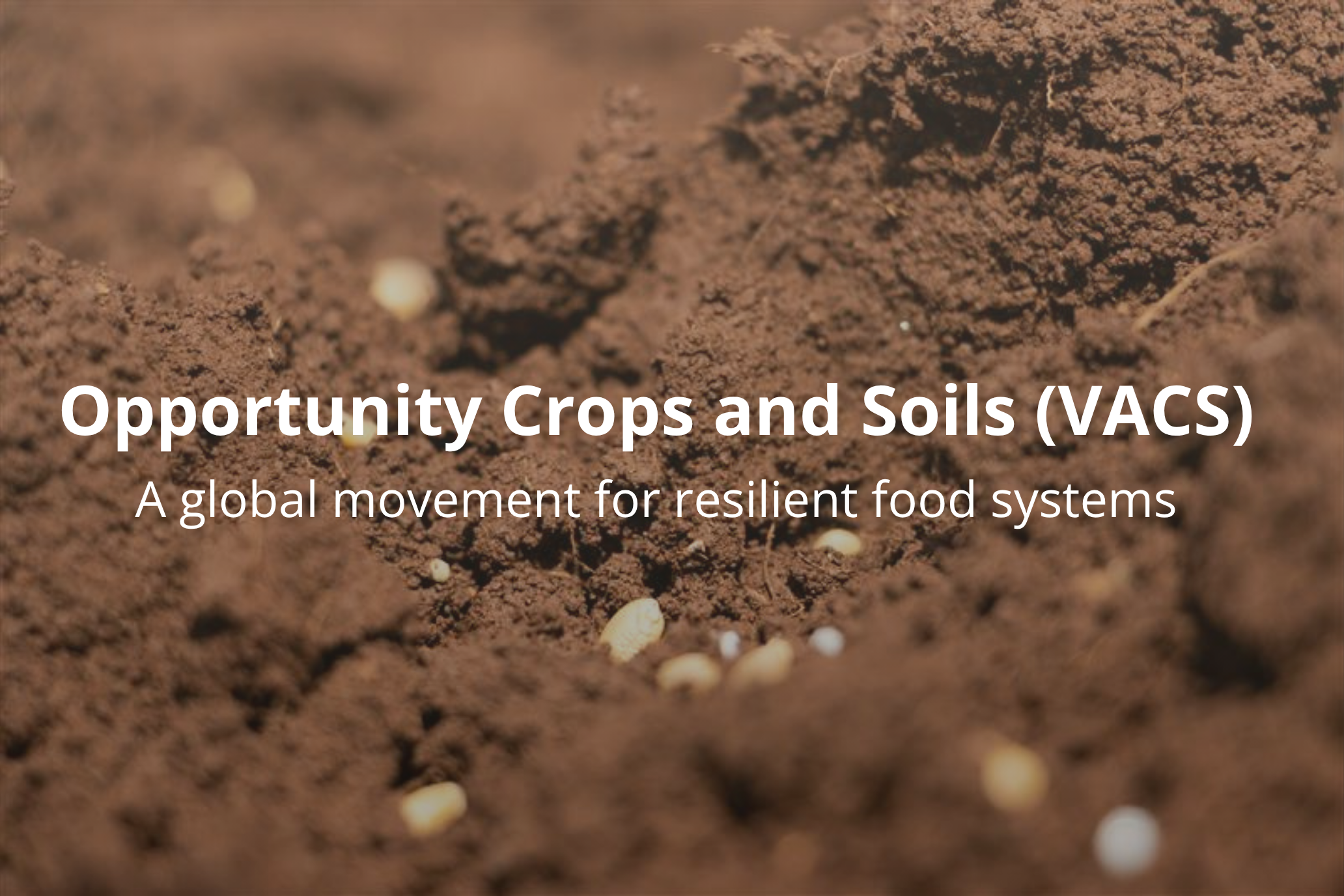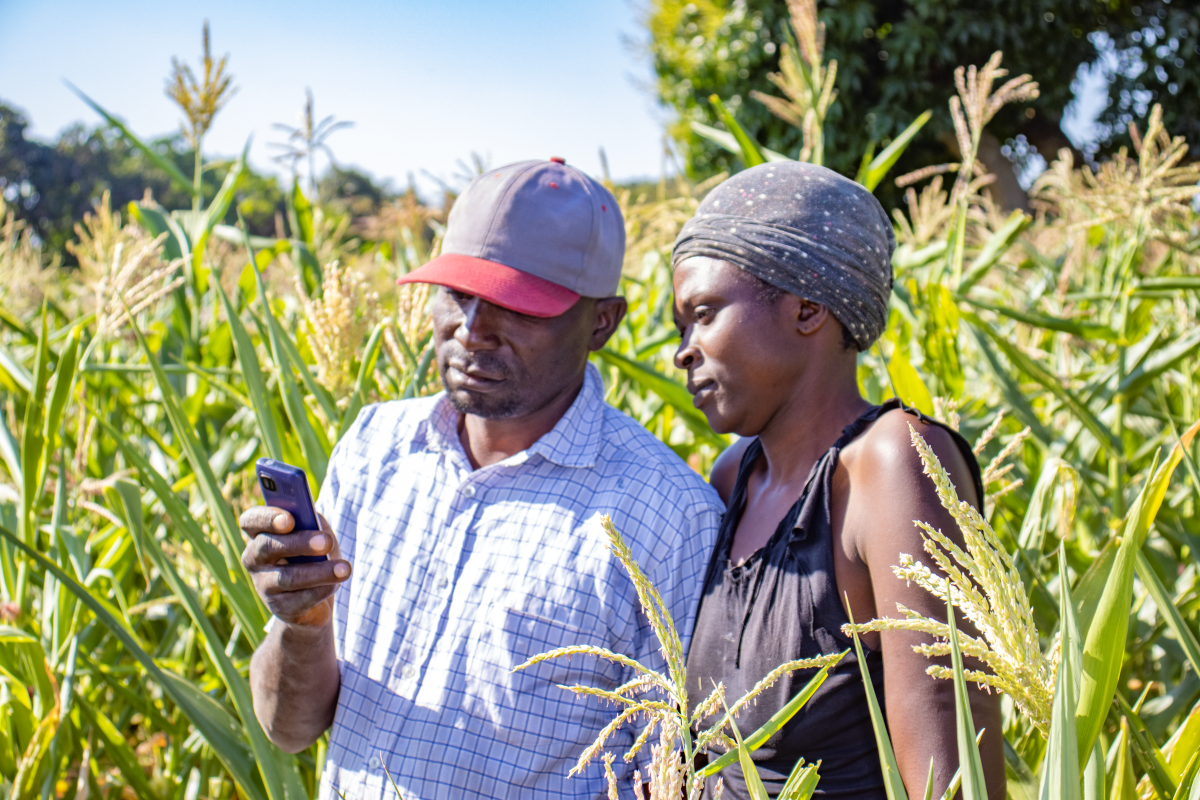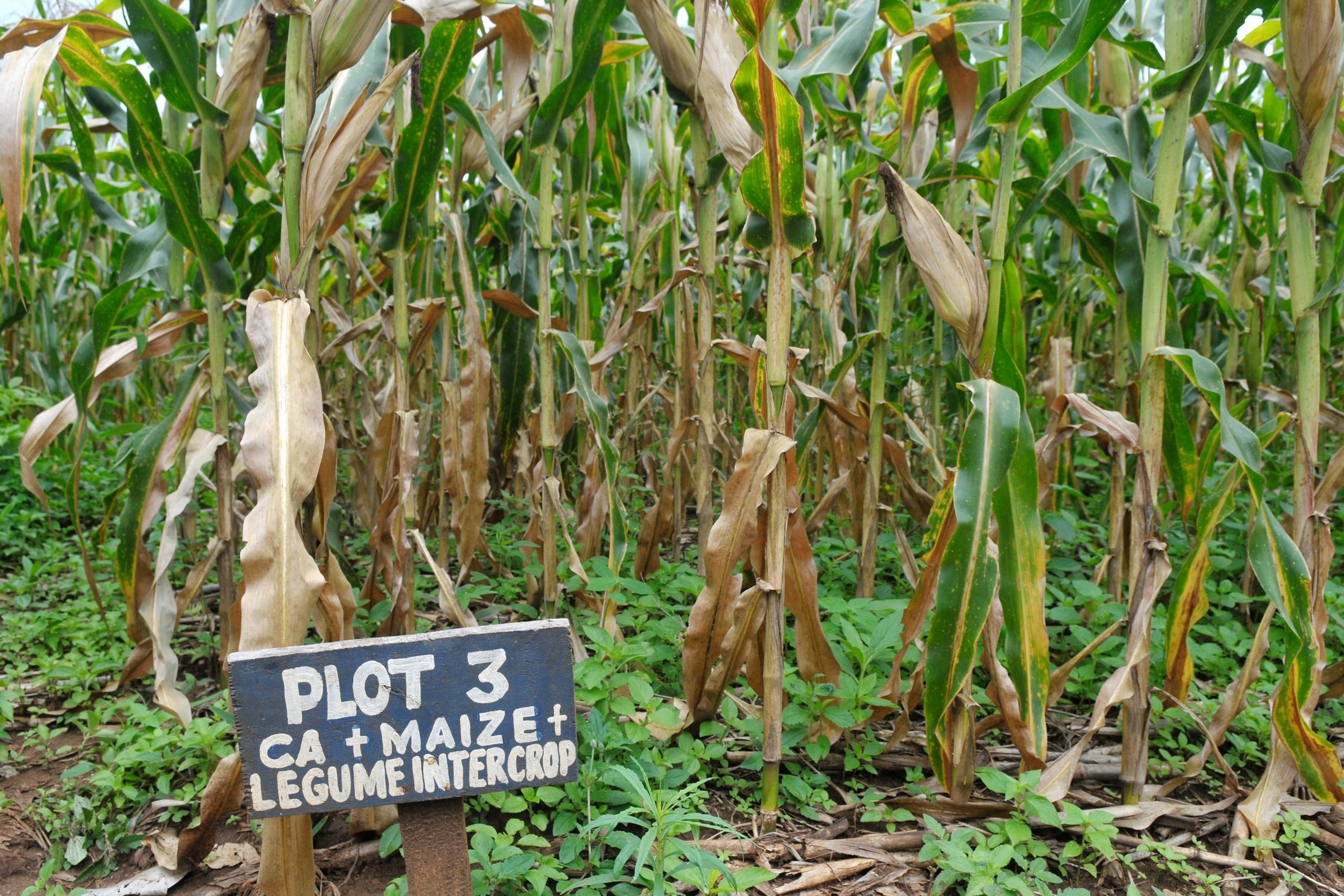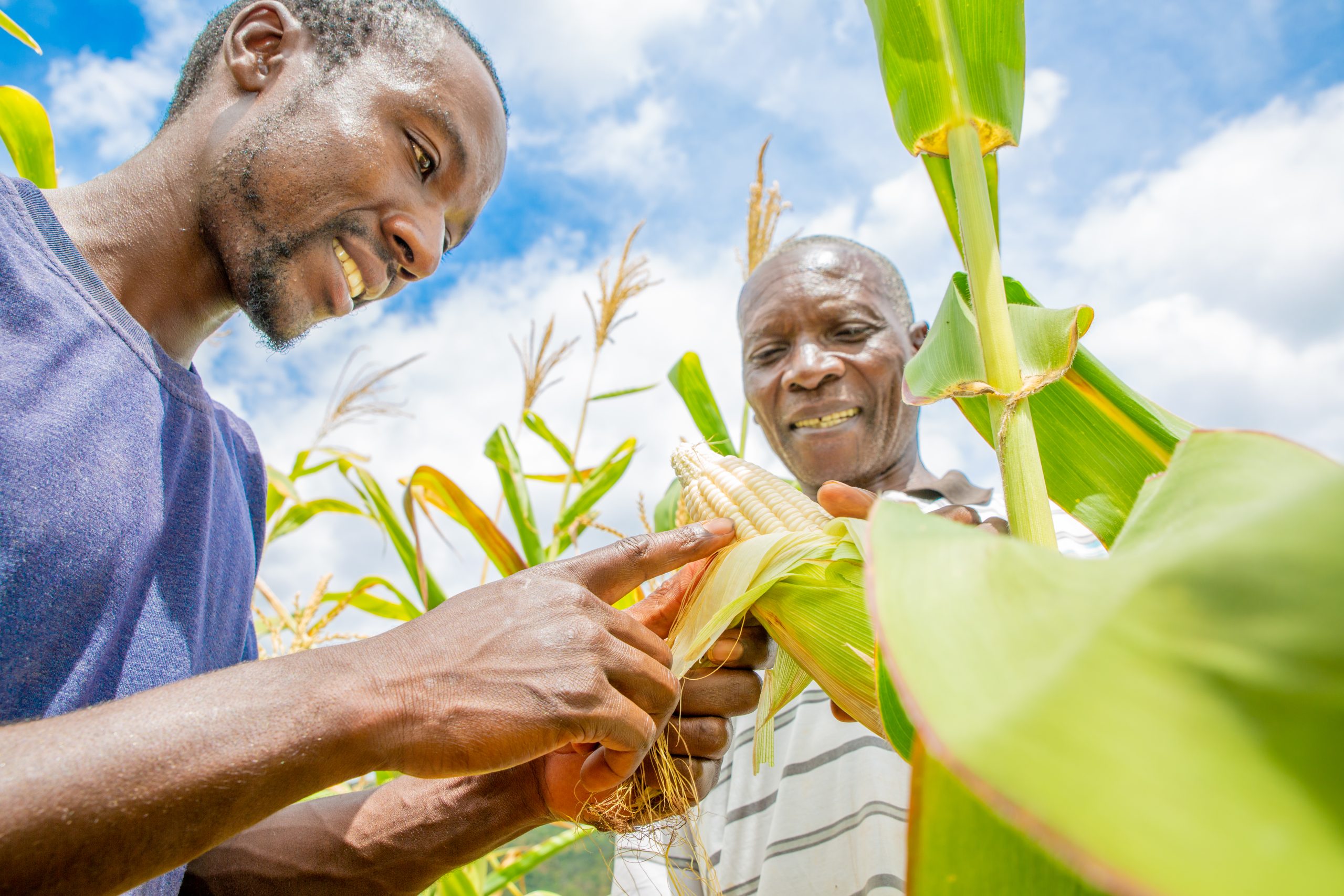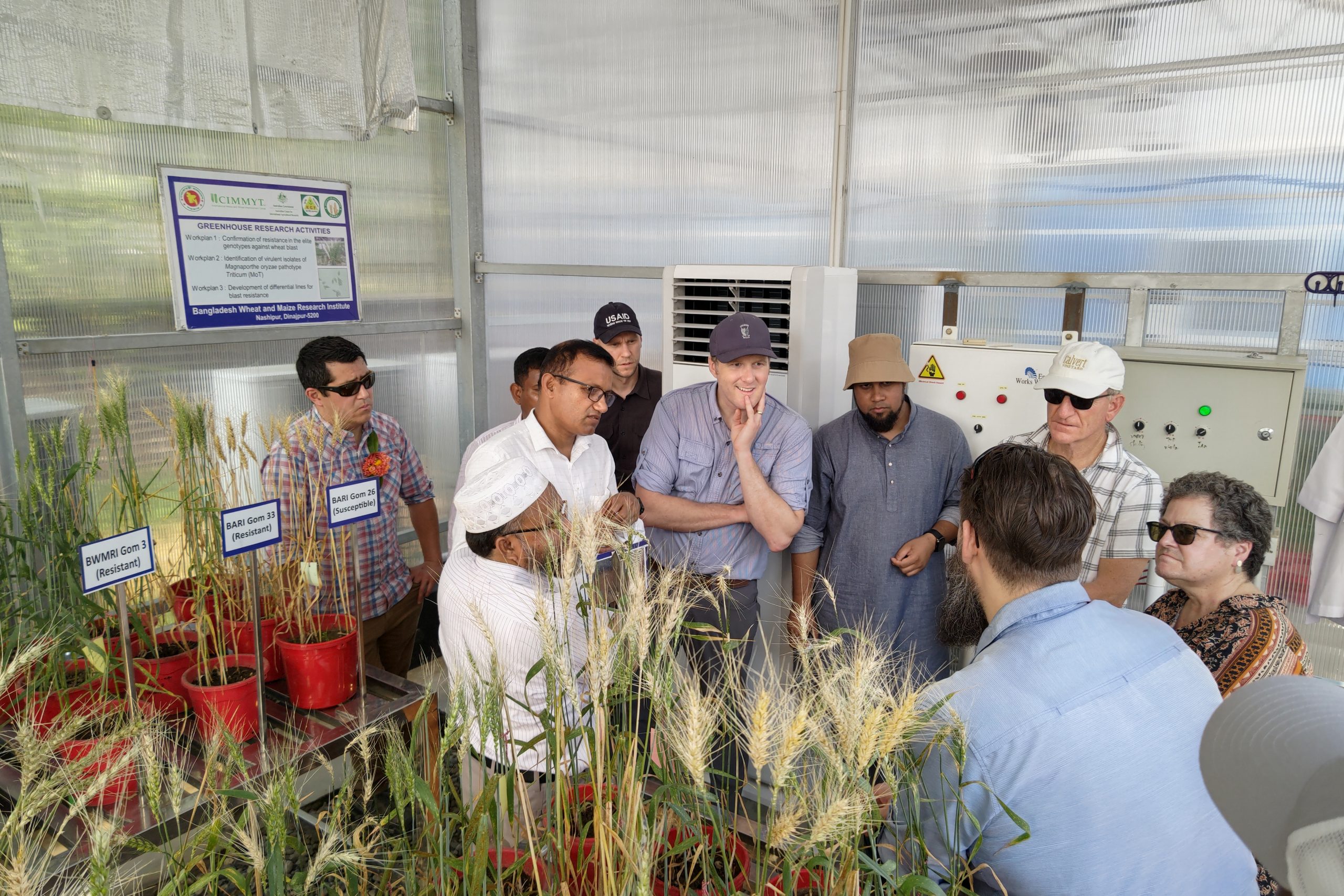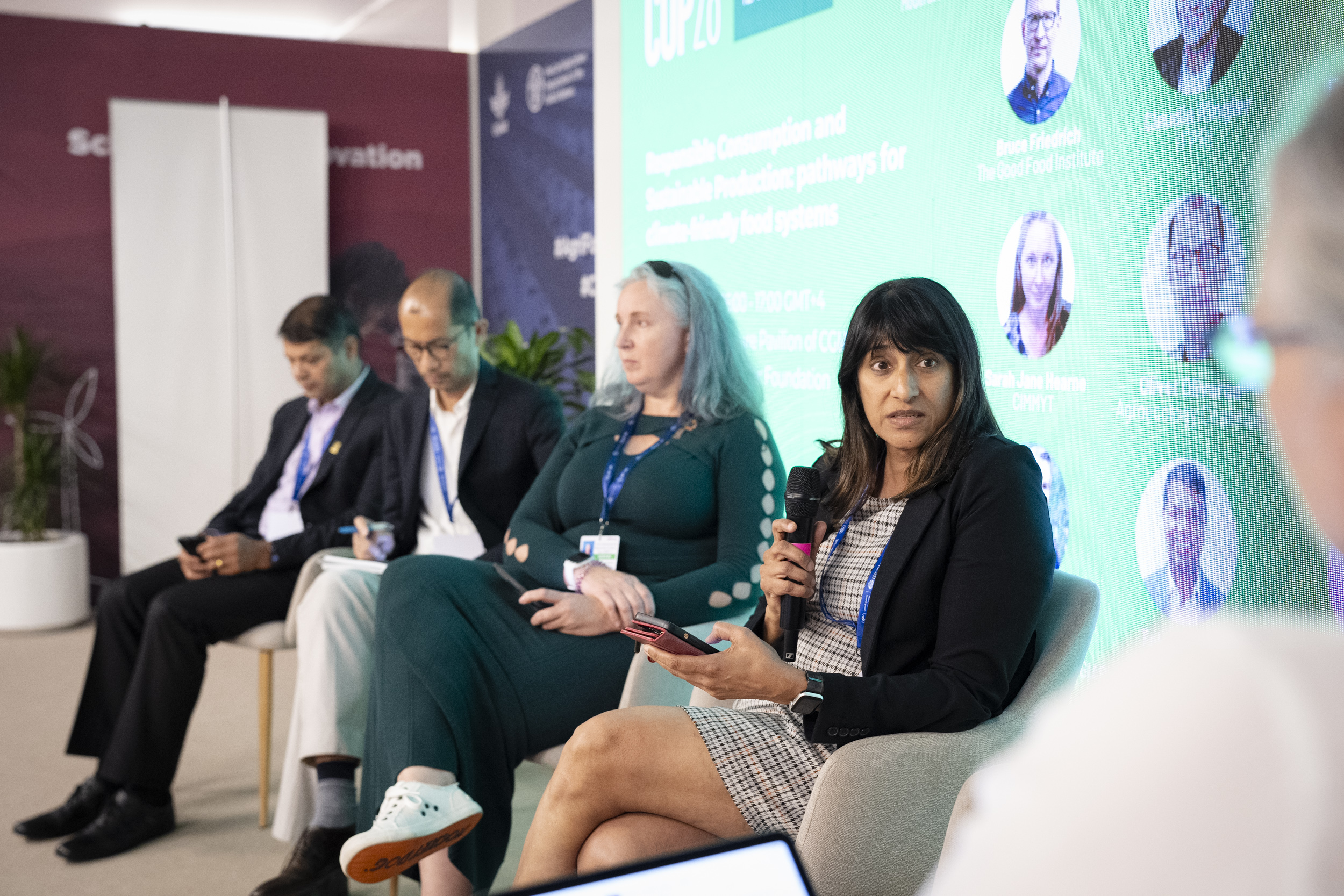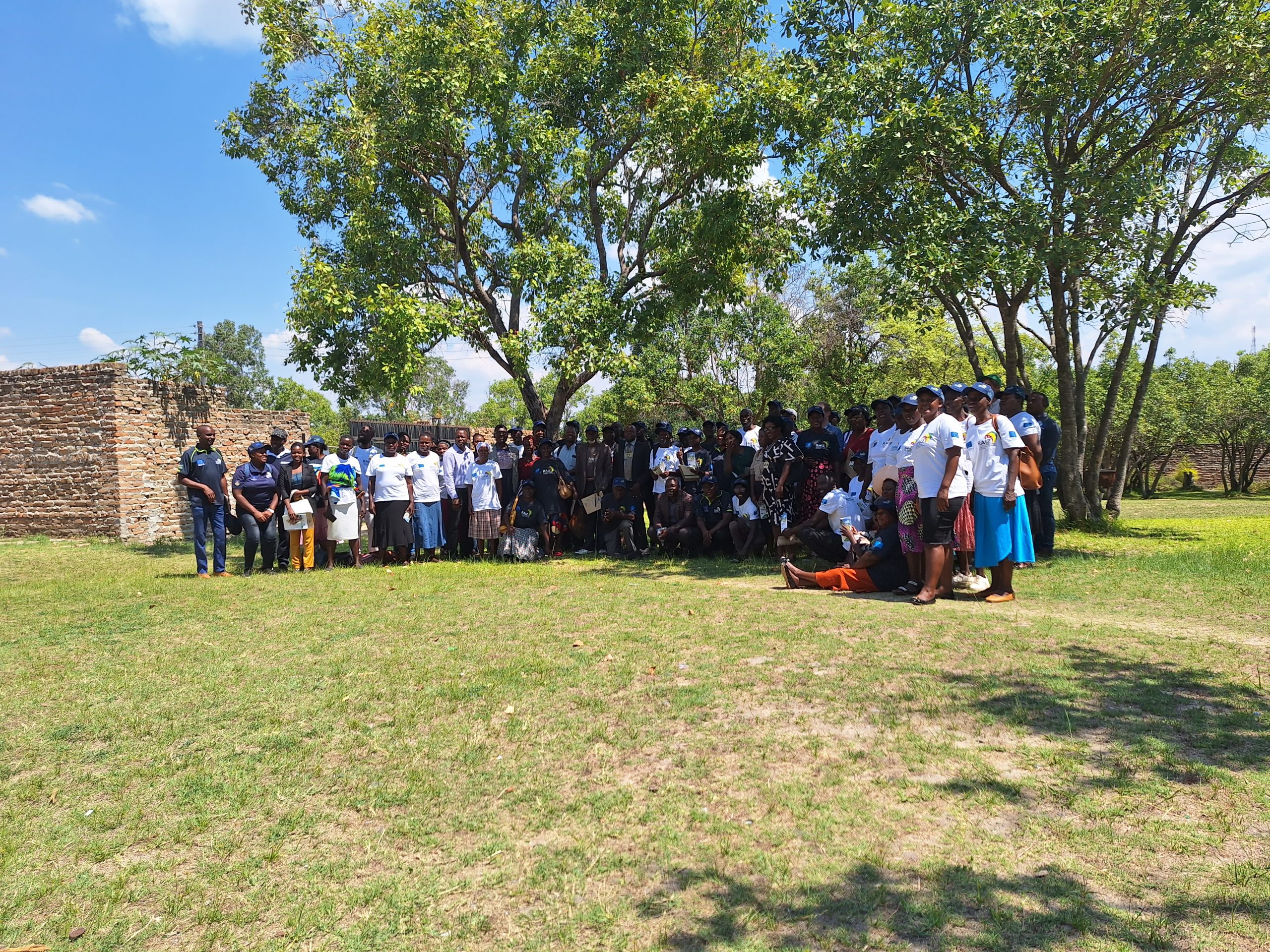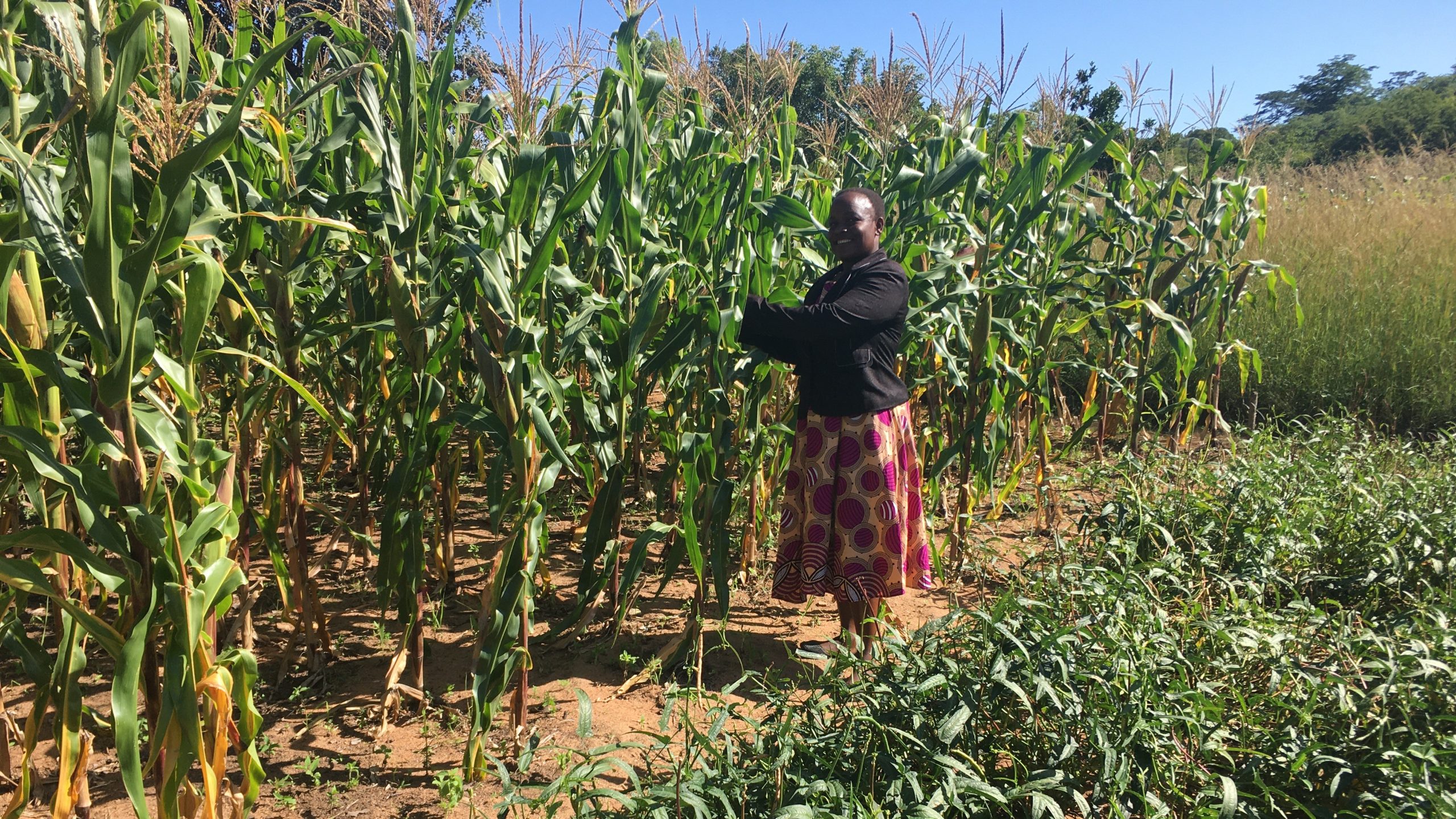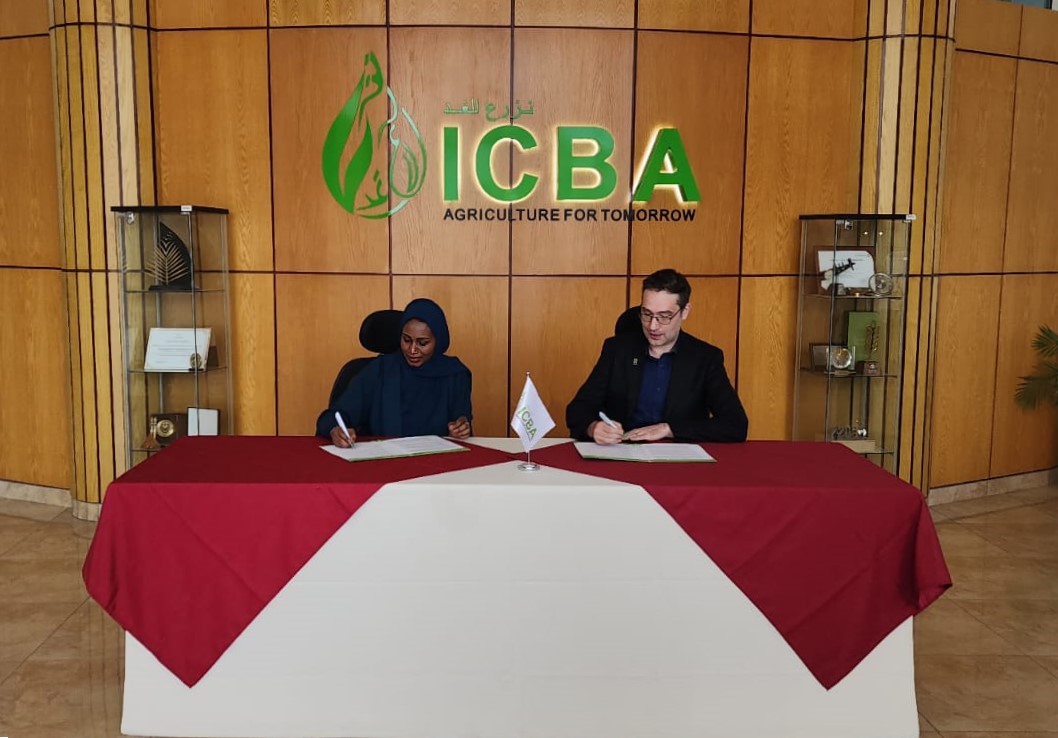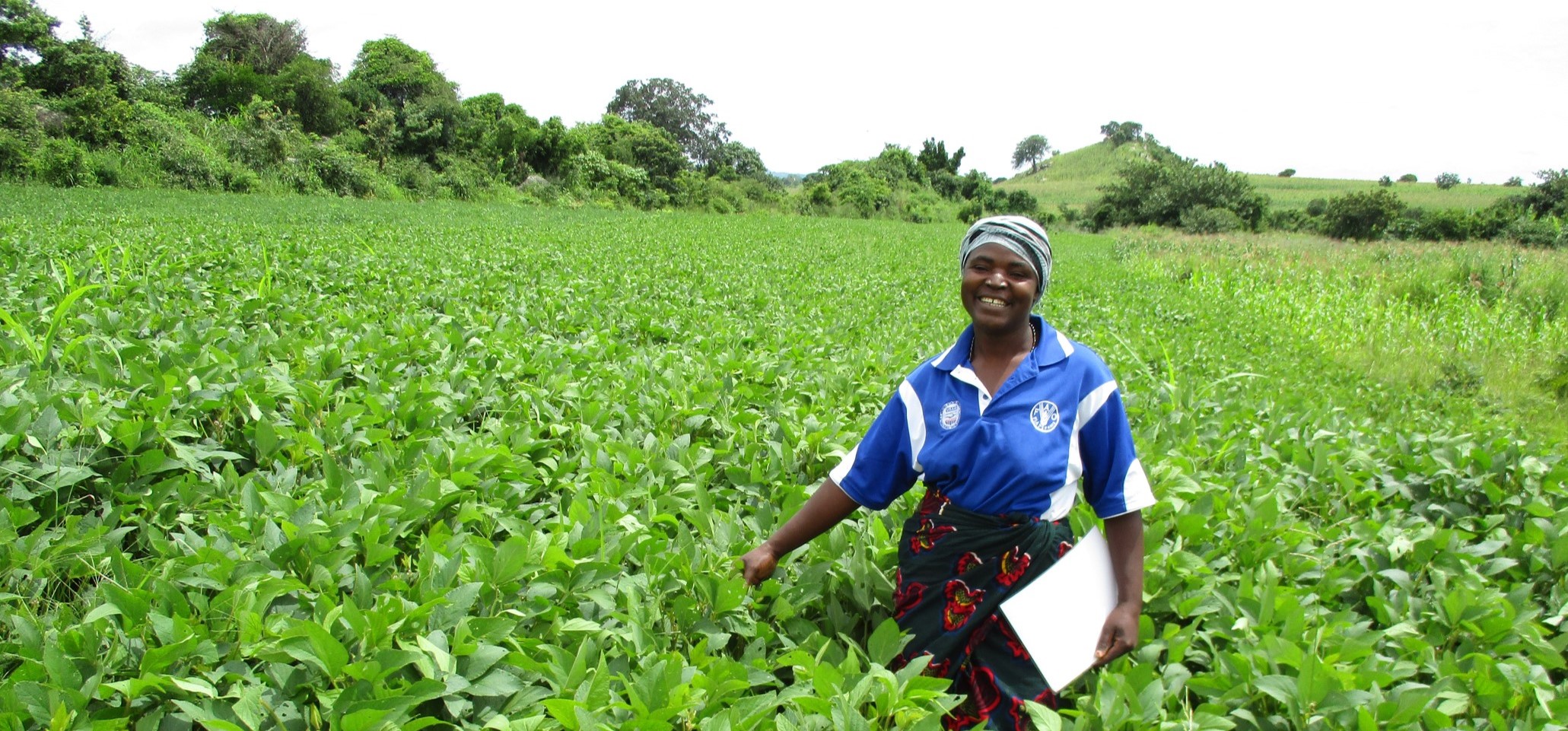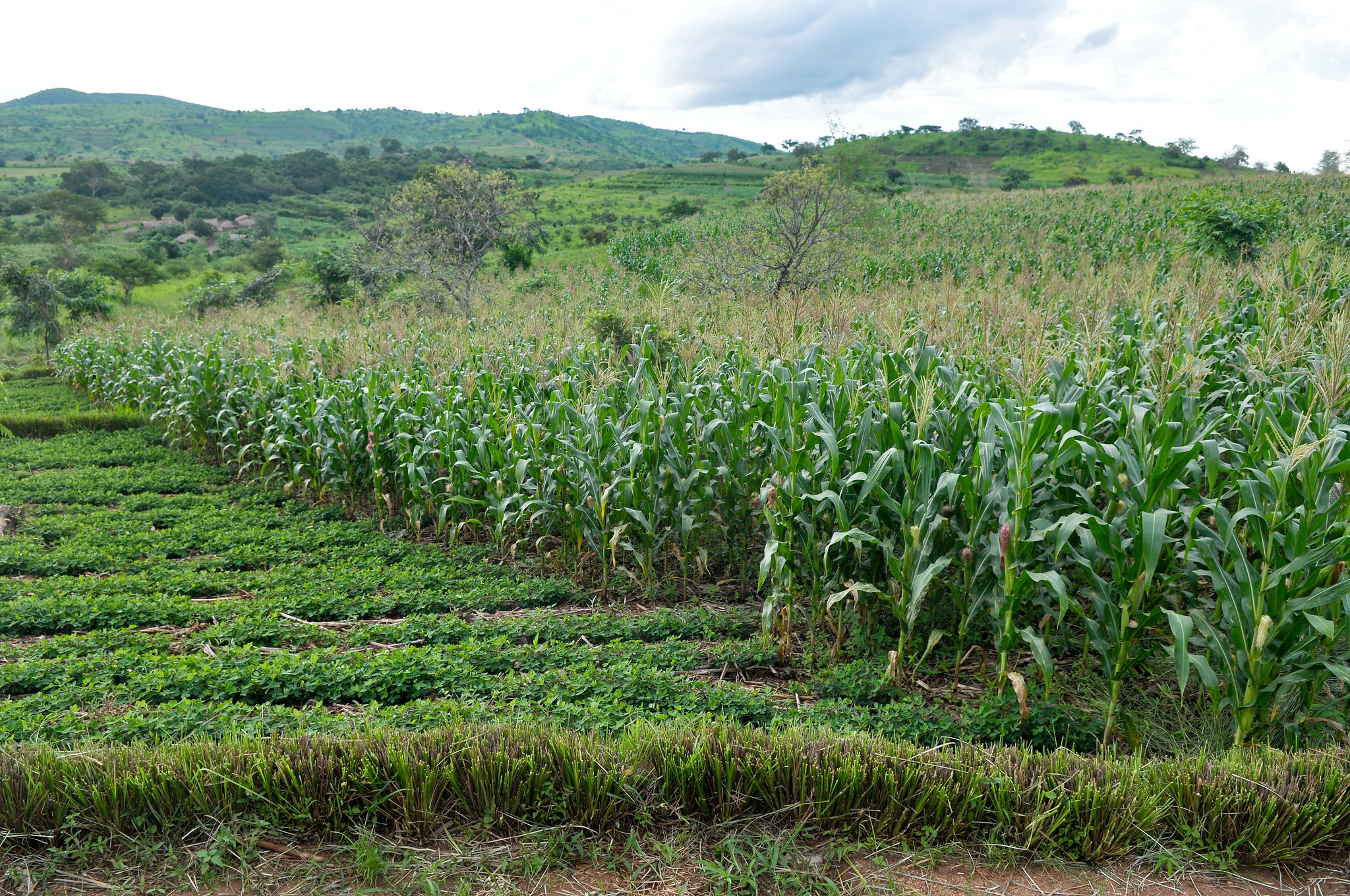climate-smart agriculture
CIMMYT Expands Climate-Smart Interventions in Southern Africa
 Climate adaptation and mitigation
Climate adaptation and mitigation
CIMMYT is leading efforts in Southern Africa to empower farmers with climate-smart agriculture, resilient seed systems, and early-warning tools, ensuring food security and sustainability amidst unprecedented drought conditions
A journey through Bangladesh’s ground-breaking agricultural practices
 Capacity development
Capacity development
In a visit by USAID and CIMMYT, cutting-edge agricultural approaches in Bangladesh highlighted the power of combining technological innovations, climate-focused practices, and community power.
CIMMYT joins global efforts to curb greenhouse emissions and strengthen food systems
 Climate adaptation and mitigation
Climate adaptation and mitigation
CIMMYT promoted ways to lessen climate shocks, especially for smallholder farmers who inordinately suffer the effects of climate change, including rising temperatures and extended droughts.
Strengthening resilience in Mutoko farmers through agroecological research
 Capacity development
Capacity development
A workshop to help tackle climate challenges faced by Mutoko farmers generated significant interest among farmers and stakeholders to work towards sustainable approaches.
Afriseed: How improved legume seed can help transform Zambia’s agrifood systems
 Climate adaptation and mitigation
Climate adaptation and mitigation
Afriseed and AID-I are helping smallholder famers in Zambia transition to improved, high-yielding legumes.
Every drop of water matters: Leading global research institutes ally to aid farmers in dry and saline ecosystems
 Capacity development
Capacity development
Two world-class research-for-development centers will work to raise food production and livelihoods in croplands where water is the defining constraint.
Transforming rural agriculture with improved seed and mechanization
 Capacity development
Capacity development
Attended by over 1,300 smallholder farmers, the fourth edition of the CIMMYT seed and mechanization fairs held in Mwenezi and Masvingo districts linked farmers with private sector companies.
Delivering the best seeds to farmers in Zambia
 Capacity development
Capacity development
A seed fair in Zambia brings together farmers to explore climate-smart seed systems.
CGIAR Initiative on Diversification in East and Southern Africa
 Gender equality, youth and social inclusion
Gender equality, youth and social inclusion
Resilience Building through agroecological intensification in Zimbabwe (RAIZ)
 Climate adaptation and mitigation
Climate adaptation and mitigation
CIMMYT announces 2030 Strategy
 Innovations
Innovations
CIMMYT recognizes all organizations with a mandate to contribute to the development sector must consider transformations in the underlying systems to create sustainable and equitable interventions.
